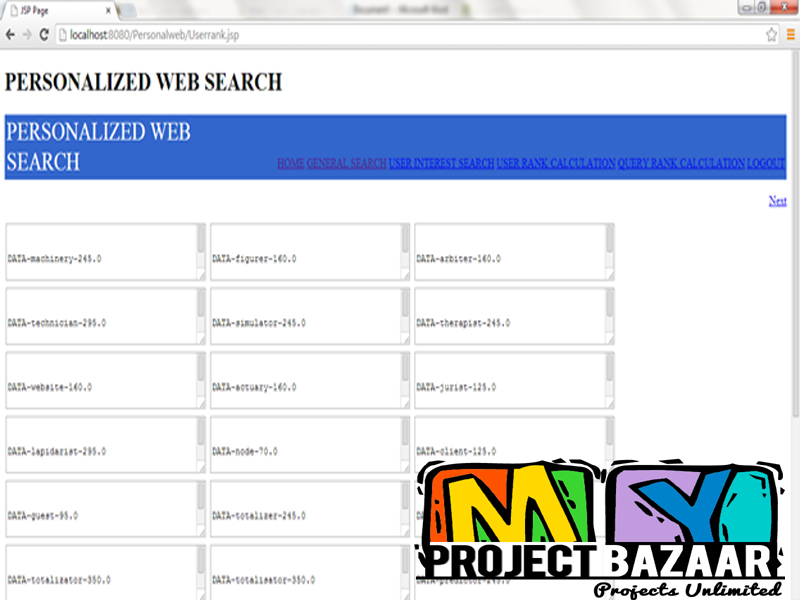
Energy-Aware Cooperative Wireless Networks with Multiple Cognitive Users
Product Description
Energy-Aware Cooperative Wireless Networks with Multiple Cognitive Users
Abstract-we study and analyze cooperative cognitive radio networks with arbitrary number of secondary users (SUs). Each SU is considered a prospective relay for the primary user (PU) besides having its own data transmission demand. We consider a multi-packet transmission framework which allows multiple SUs to transmit simultaneously thanks to dirty-paper coding. We propose power allocation and scheduling policies that optimize the throughput for both PU and SU with minimum energy expenditure. The performance of the system is evaluated in terms of throughput and delay under different opportunistic relay selection policies. Towards this objective, we present a mathematical framework for deriving stability conditions for all queues in the system. Consequently, the throughput of both primary and secondary links is quantified. Furthermore, a moment generating function (MGF) approach
is employed to derive a closed-form expression for the average delay encountered by the PU packets. Results reveal that we achieve better performance in terms of throughput and delay at lower energy cost as compared to equal power allocation schemes proposed earlier in literature. Extensive simulations are conducted to validate our theoretical findings.< final year projects >
Including Packages
Our Specialization
Support Service
Statistical Report

satisfied customers
3,589
Freelance projects
983
sales on Site
11,021
developers
175+Additional Information
| Domains | |
|---|---|
| Programming Language |
















